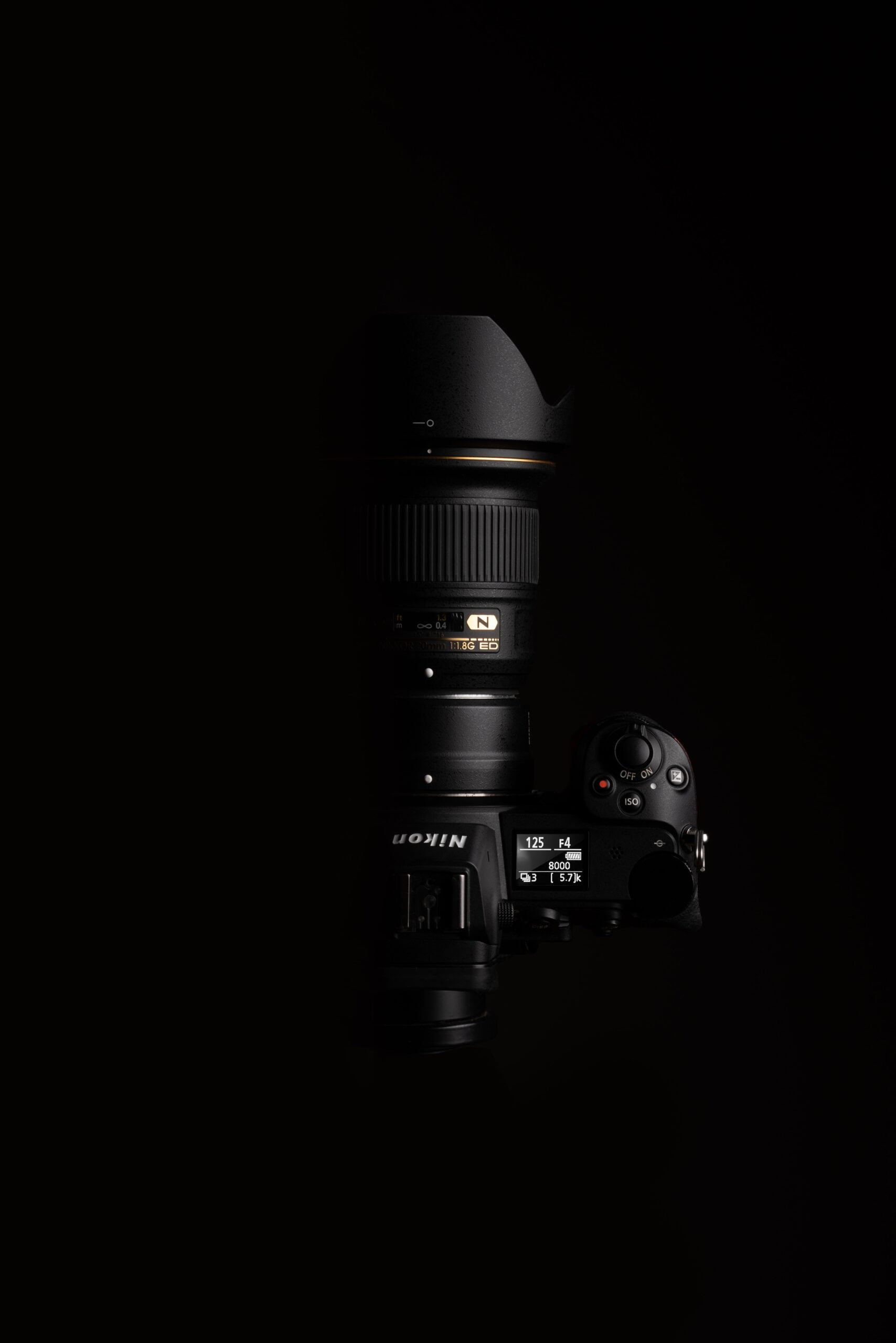
Terry Gilliam’s “Brazil” is a film that takes us on a wild ride through a retro-futurist fantasy. With an almost nightmarisch mix of melancholy and humor, Gilliam presents a view of the horribleness of our present reality and the even worse horribleness of where we might be headed. An over the top bureaucratic society, slapstick version of George Orwell’s “1984,” a nightmare comedy. It can be very dark and very funny, filled with cameos or rockstars, writers, famous actors, a Python friend and a lot of jokes about managers.
The Criterion collection has released the ultimate copy of this movie, the trailer is from their website. The title of the film refers to a form of pop escapism from the past, something that can only be dreamed about in the midst of the squalor and sporadic terrorist violence of an Anglo-American police state “somewhere in the twentieth century.” Visually, “Brazil” is a triumph of moviemaking, the camera always seems to be moving up and down, rarely across, giving us the impression that people live and work squashed at the bottom of hollow towers.  The film’s aesthetic is a thrift-shop world of the future, where everything from clothes to furnishings to ancient TV sets and gadgets suggests that nothing has been made or manufactured since the forties. It’s a strange and intriguing world where the past and the future collide in a visually stunning way. At the center of the story is Jonathan Pryce’s character, a lowly clerk who becomes entangled in pursuit of the girl of his dreams, played by Kim Greist. As he runs afoul of the state apparatus, we are drawn into a super-realistic portrayal of the consequences of his actions. There is an inevitability to his fate that is both captivating and unsettling. One of the unique aspects of “Brazil” is its lack of dramatic definition. The episodes in the film blend together, blurring the lines between reality and fantasy. Similarly, the gags throughout the film are woven seamlessly into the narrative, adding to the overall sense of absurdity and chaos. Gilliam’s vision is both torpid and frantic, capturing the essence of a world on the brink of collapse.
The film’s aesthetic is a thrift-shop world of the future, where everything from clothes to furnishings to ancient TV sets and gadgets suggests that nothing has been made or manufactured since the forties. It’s a strange and intriguing world where the past and the future collide in a visually stunning way. At the center of the story is Jonathan Pryce’s character, a lowly clerk who becomes entangled in pursuit of the girl of his dreams, played by Kim Greist. As he runs afoul of the state apparatus, we are drawn into a super-realistic portrayal of the consequences of his actions. There is an inevitability to his fate that is both captivating and unsettling. One of the unique aspects of “Brazil” is its lack of dramatic definition. The episodes in the film blend together, blurring the lines between reality and fantasy. Similarly, the gags throughout the film are woven seamlessly into the narrative, adding to the overall sense of absurdity and chaos. Gilliam’s vision is both torpid and frantic, capturing the essence of a world on the brink of collapse.  Released in 1985, “Brazil” remains a testament to Gilliam’s artistic prowess. The film’s organic and original style, combined with its thought-provoking themes, make it a must-watch for fans of dystopian cinema. Gilliam’s ability to create a visually stunning world that is both familiar and otherworldly is a considerable achievement that continues to captivate audiences to this day. With its unique visual style, captivating performances, a cool cameo from Robert deNiro, and thought-provoking themes, it remains a standout film in Gilliam’s impressive body of work. If you’re in the mood for a journey into a twisted, dystopian future, “Brazil” is the perfect choice.
Released in 1985, “Brazil” remains a testament to Gilliam’s artistic prowess. The film’s organic and original style, combined with its thought-provoking themes, make it a must-watch for fans of dystopian cinema. Gilliam’s ability to create a visually stunning world that is both familiar and otherworldly is a considerable achievement that continues to captivate audiences to this day. With its unique visual style, captivating performances, a cool cameo from Robert deNiro, and thought-provoking themes, it remains a standout film in Gilliam’s impressive body of work. If you’re in the mood for a journey into a twisted, dystopian future, “Brazil” is the perfect choice.


